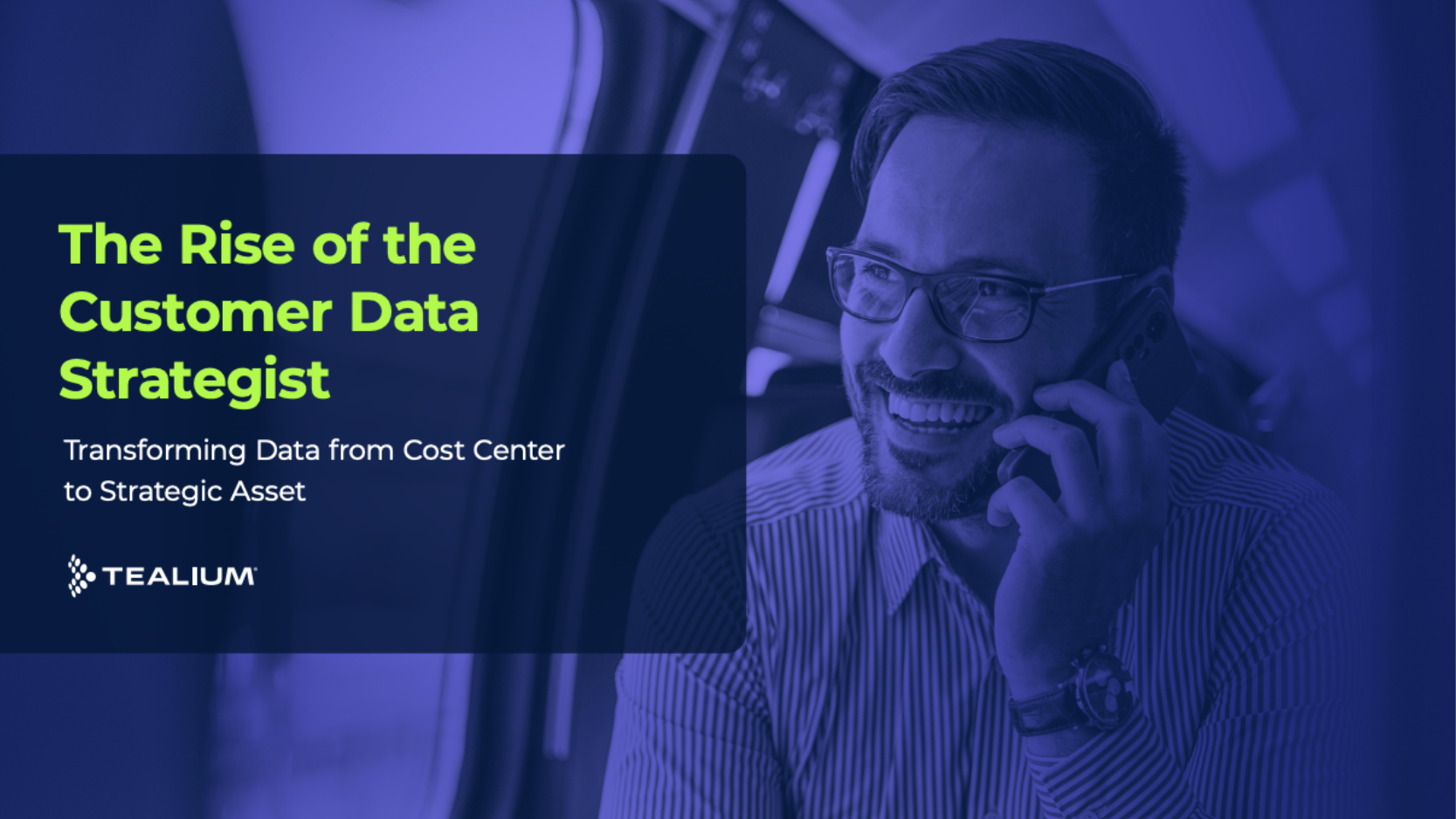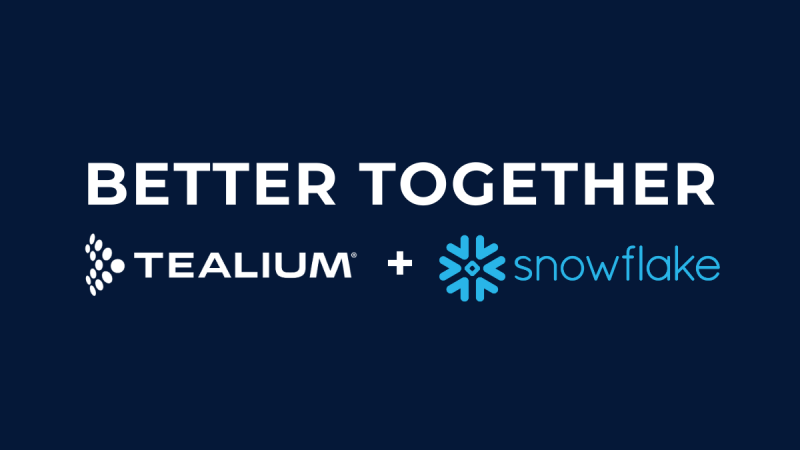Rising energy prices, record-breaking interest rates, overpriced tomatoes… everyone is feeling the crunch in some form or another from the cost-of-living crisis. And it isn’t just impacting how much money we have in our back-pocket. Consumers report that they’re increasingly prone to financial and emotional stress when they get around to making buying decisions.
Emotions Are Running High, so Are Customer Expectations
Amidst worries about balancing income with growing expenses, consumers are in a very different headspace now when it comes to engaging with and buying from brands. This needs to be top of mind when considering your marketing approach and – most importantly – how customers will react to it.
Our recent research found almost two-thirds of consumers (63%) feel like brands need to be more aware, or understanding of, the emotional and financial impact that the cost-of-living crisis is having on their customers. This reflects just how make-or-break the way a brand uses marketing can be today, with a clear trickle-down effect on how consumers expect brands to communicate with them.
Obviously, marketing that’s irrelevant (i.e., not attuned to an individual’s buying behaviours or history) or irresponsible (i.e., failing to account for someone’s current personal circumstances) has never been a successful way to engage with customers. But, at a time when consumers are really feeling the pressure – financially and emotionally – this type of marketing is even more likely to turn them off.
The Dangers of Irrelevant and Irresponsible Marketing
Consumers are disengaging with, and buying less from, brands that use irrelevant or irresponsible marketing. Our research uncovered that over one-third (34%) of European consumers have unsubscribed from a brand’s email marketing campaigns in response to these poor practices.
Notably, over half (59%) of respondents recognise that they feel more negative about the brands that send them irresponsible marketing. This view is shared across age groups, but it’s particularly evident among younger people; rising to 65% of the 18- to 34-year-olds we surveyed.
The fact that young people are leading the way in this kind of ‘activist consumerism’ is no surprise – in the past couple of years, we’ve seen pupils, students and young professionals increasingly stand up for causes they believe in. The cost-of-living crisis, however, has accelerated this. It’s put everyone in the same boat, with prices rising across the board, bringing activism out from the fringes and into the mainstream.
However, Some Brands Still Aren’t Listening…
Sadly, not every brand got this memo – and they risk turning customers away for good as a result.
Our research suggests that irrelevant and irresponsible marketing is still very much rife, despite the clear negative impact. Over half (51%) of respondents reported receiving irrelevant marketing at least once a week while two-fifths (40%) receive irresponsible marketing at the same rate.
During the cost-of-living crisis, it’s easier for the lines between lazier forms of irrelevant marketing to become blurred with more actively irresponsible marketing. Brands are increasingly falling into this trap as many are still relying on pre-crisis customer data that fails to account for who their customers are – and what they want – today.
While both irrelevant and irresponsible marketing are terrible for engagement and sales conversion, the latter has an uglier side. Brands must do everything to avoid slipping across this line, or be prepared to deal with the long-term damage to their customer relationships and reputation.
Be Relevant and Responsible
Irrelevant and irresponsible marketing risks pushing customers away. But, this doesn’t mean brands should take a step back during the crisis. In fact, brands that listen to what customers want and engage with them in the right way have an opportunity to stand out from the crowd.
Timely, relevant data sits at the core here. Having current data enables brands to create up-to-date customer profiles that support more relevant and responsible targeted engagement. Armed with a 360-degree view of customers, brands can effectively personalise their marketing to be more relevant and remain in line with an individual’s changing expectations and buying behaviour.
By tapping into data to cater to who people are ‘today’, brands can ensure customers will be there with them ‘tomorrow’ – once they’re in a place where they can afford to start buying again. It’s an approach that will not only drive loyalty and engagement during the cost-of-living crisis but help them establish a successful long-term relationship with customers beyond the crisis.
Tealium can help unify your data so you can create responsible marketing campaigns that give your customers what they need, when they need it. Schedule a free demo today.






